
A lot of care and attention is spent on feeding a horse. For a new horse owner, choosing feeds can be a little overwhelming. Fortunately, years of horse ownership has simplified the process a little bit and a horse owner can find a wealth of information on nutrition starting with their equine veterinarian.
Equine nutritionists generally break down a horse's nutrition into six essential areas:
Water
Water should be your very first concern when thinking about your horse's nutrition. Water regulates every system in a horse's body and without water or if the water has dangerous ingredients in it, a horse can become dehydrated and experience serious and debilitating conditions. Because most people use their horse for either work or enjoyment, a horse will need water intake that corresponds to the level of activity that you and your horse undertake. Horses sweat much like humans do and that water must be replaced.
Protein
This nutrient is found in every food substance that grows on earth from cattle to dandelions. Even though humans generally associate protein with meat or dairy, a horse will get its protein from vegetable sources. Alfalfa is usually a good source of protein, especially in its second or third cutting.
Protein is necessary for muscle growth among other functions and it is especially important that a young horse be given enough protein so its growth can continue unhindered. A great sign that a horse might not be getting enough protein is the development of a rough coat of hair.
Carbohydrates
This nutrient is the basic energy unit that you will find in most forms of horse feed. Carbohydrates are easily digestible and provide ready and quick energy. A horse left to graze all day will consume all its necessary carbohydrates, but since most horses do not have this luxury, they must be fed a grain such as corn, oats, or barley.
It is important to note that the amount of carbohydrates that a horse consumes should be regulated. Giving a horse a sudden burst of carbohydrates such as sugar could cause a form of colic.
Fat
While most fats are not present in large quantities in a horse's natural diet, they do have nutritional value. A measure of fat can be added to a horse's feed if the feed is not dense enough with energy. Fat should be given only in limited quantities however to prevent disease and obesity. A horse's body has simply not developed to handle a large amount of fat, so a horse owner must be careful when adding it to avoid colic or gastrointestinal distress in their animal.
Vitamins
Because we feed horses foods other than their natural foraged diet, their feed will lack certain essential vitamins. Horse owners typically care a lot about their animals and do not wish to see any part of their life made less tolerable, especially by something as simple as a lack or imbalance of vitamins.
The only way to know if your horse is receiving the right vitamins is to examine the vitamin content of the various foods they may consume. Diets high in grains are likely not vitamin heavy and horses on these diets, as well as horses under stress may need extra vitamin supplementation. Your veterinarian can help you decide exactly what kind of vitamins and supplements to give your horse.
Minerals
Minerals are necessary for the correct growth and regeneration of many parts of the body. These minerals are often present in forage, but again may be lacking in a high-grain diet. A horse lacking in minerals may not show many overt signs, but its health may slowly deteriorate.
Akhal-Teke, a horse breed who lives in Russia can survive for days without food and water. To learn more about horses, including more horse health and horse care articles, visit our site by following the links.
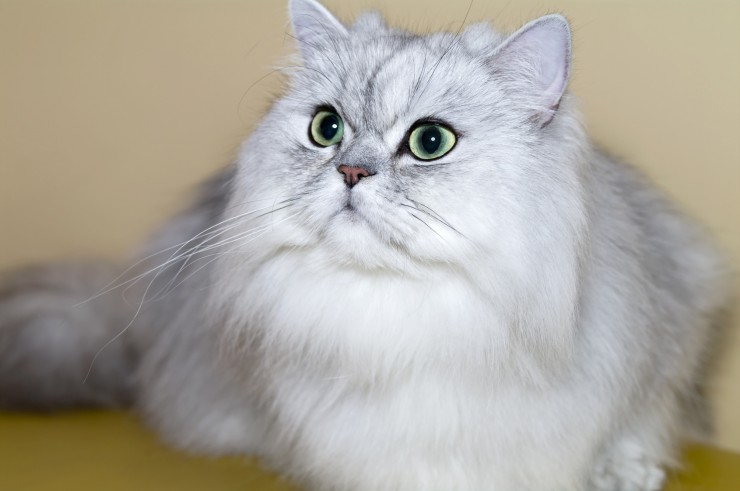 Persian Cats And Polycystic Kidney Disease
Persian Cats And
Persian Cats And Polycystic Kidney Disease
Persian Cats And
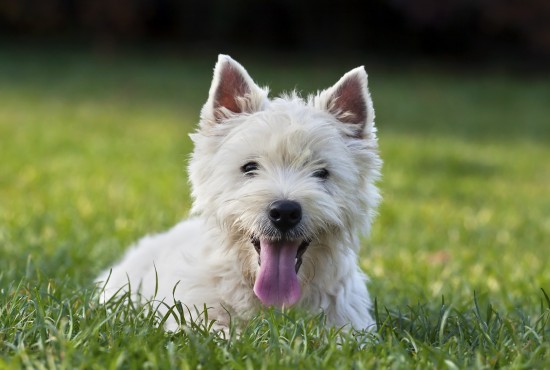 How To Tell If Your Dog Is Happy
How To Tell If Yo
How To Tell If Your Dog Is Happy
How To Tell If Yo
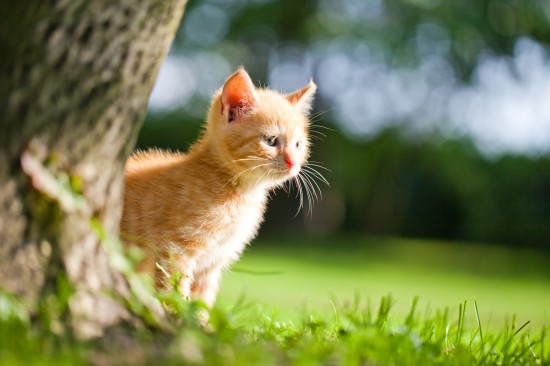 A World Of Difference - How Cat Ownership In America Differs To The Uk
A World Of Differ
A World Of Difference - How Cat Ownership In America Differs To The Uk
A World Of Differ
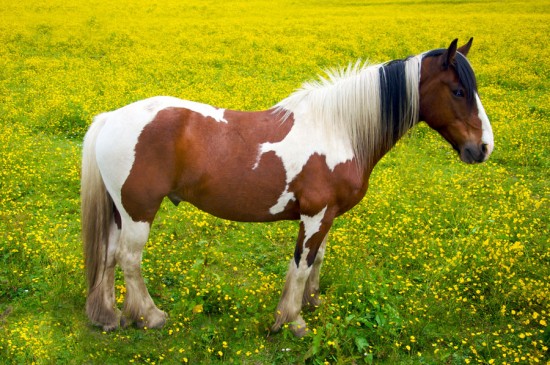 Some Horse And Pony Basics - Colours, Types And Markings
Some Horse And Po
Some Horse And Pony Basics - Colours, Types And Markings
Some Horse And Po
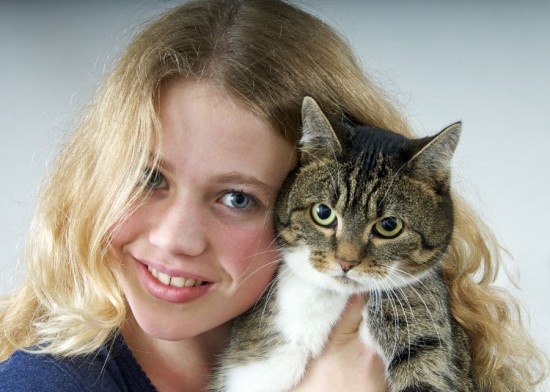 Cats And Toxoplasmosis
Cats And Toxoplas
Cats And Toxoplasmosis
Cats And Toxoplas
Copyright © 2005-2016 Pet Information All Rights Reserved
Contact us: www162date@outlook.com